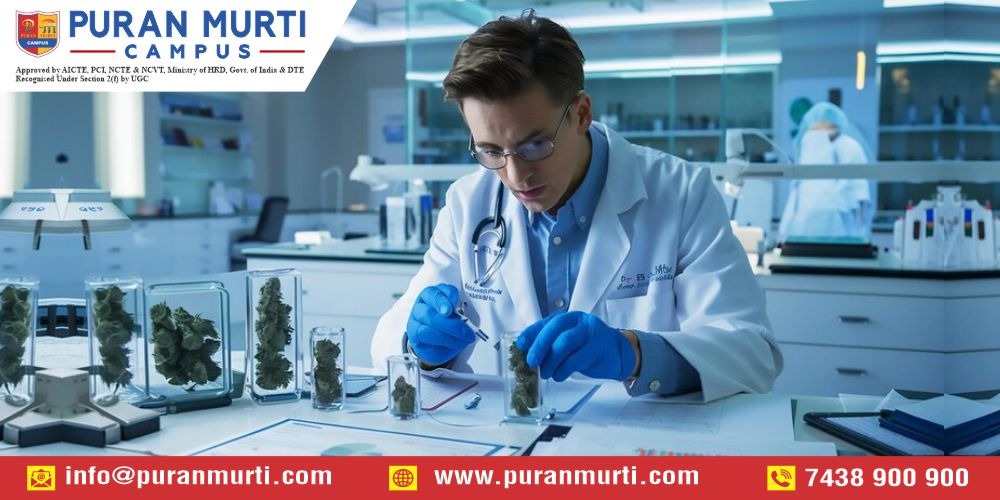Hands-On Training: Lab Practicum
Transitioning from theory to practice, students engage in hands-on training within the laboratory. Here, they gain invaluable experience conducting experiments, handling lab equipment, and executing diagnostic tests under the guidance of experienced mentors. This immersive learning environment fosters skill development and confidence in executing real-world tasks.
Internship Insights:
Bridging Theory and Practice
Internships and clinical rotations serve as a bridge between classroom learning and real-world practice. Through these experiences, students interact with patients, collaborate with healthcare professionals, and apply their acquired knowledge and skills in a clinical setting. These insights deepen their understanding of the profession and prepare them for the challenges ahead.
Challenges and Growth
Throughout the journey, students encounter various challenges, from mastering complex procedures to adapting to emerging technologies. However, each obstacle serves as an opportunity for personal and professional growth. Through resilience, determination, and problem-solving skills, students navigate these challenges, emerging stronger and more capable than before.
Transitioning to Professional Practice
As students transition to professional practice, they embark on a new phase of their journey. This involves obtaining licensure or certification, navigating the job market, and securing employment in clinical settings. With a clear understanding of their responsibilities and a commitment to patient care, they step into their roles as competent medical lab technicians.
The Impact of Continuous Learning
In the ever-evolving field of medical laboratory technology, continuous learning is essential for staying updated with industry advancements. Whether through specialized training, advanced degrees, or participation in workshops and conferences, professionals prioritize ongoing education to enhance their knowledge and skills.
Advice for Future Medical Lab Technician Students
Embrace hands-on learning:
Actively engage in laboratory sessions and internships to gain practical experience in performing diagnostic tests and operating lab equipment.
Prioritize attention to detail:
Accuracy is paramount in medical lab technology. Develop meticulous attention to detail to ensure precise analysis of specimens and reliable test results.
Stay updated with industry advancements:
Medical laboratory technology is constantly evolving. Stay abreast of the latest techniques, technologies, and research findings to enhance your skills and knowledge.
Foster effective communication skills:
Effective communication with colleagues, healthcare professionals, and patients is crucial. Practice clear and concise communication to convey test results accurately and collaborate efficiently in a healthcare team.
Commit to continuous learning:
The field of medical lab technology is dynamic. Pursue opportunities for further education, certifications, and professional development to stay current and advance your career in this rapidly evolving field.
Remember, success in this field requires dedication, perseverance, and a genuine passion for serving others through laboratory science.
Celebrating Achievements Graduation and Beyond
Upon completing the diploma program and earning the title of a medical lab technician, it’s essential to celebrate this significant achievement. Reflect on the journey thus far, set ambitious career goals, and commit to ongoing excellence in patient care and laboratory science. The future is bright, filled with endless possibilities for growth and fulfillment.
Conclusion
As we conclude this series, we reflect on the transformative journey from classroom learning to clinical practice as a medical lab technician. With gratitude for the experiences, mentors, and opportunities that shaped our path, we embrace the challenges and triumphs that lie ahead. Together, we continue to evolve, making meaningful contributions to healthcare and advancing the field of medical laboratory technology.

